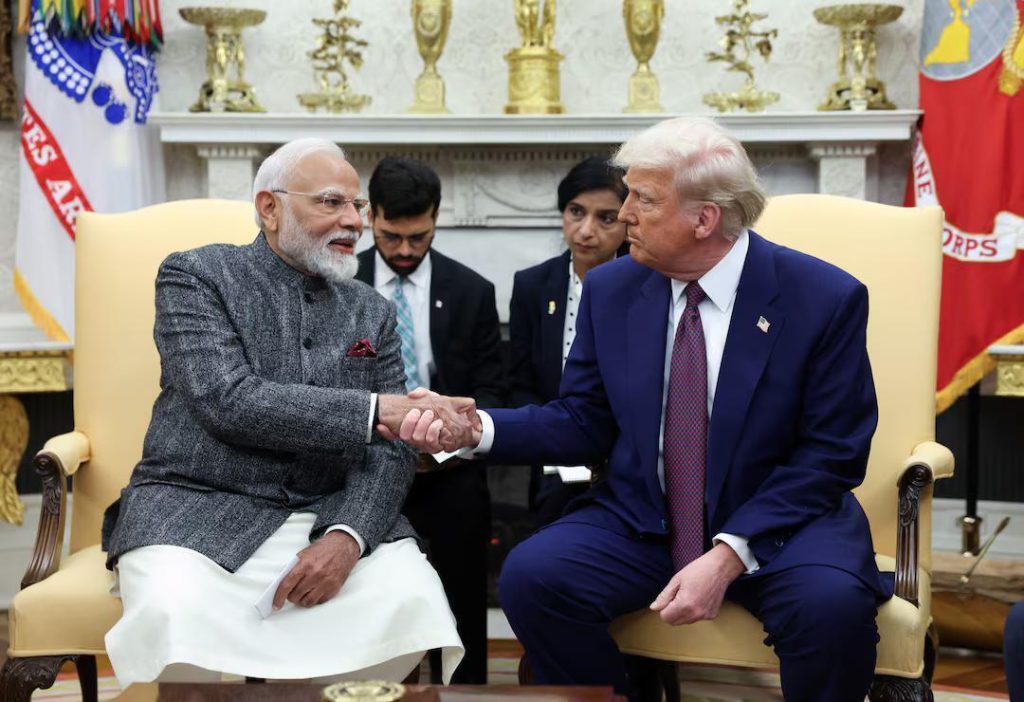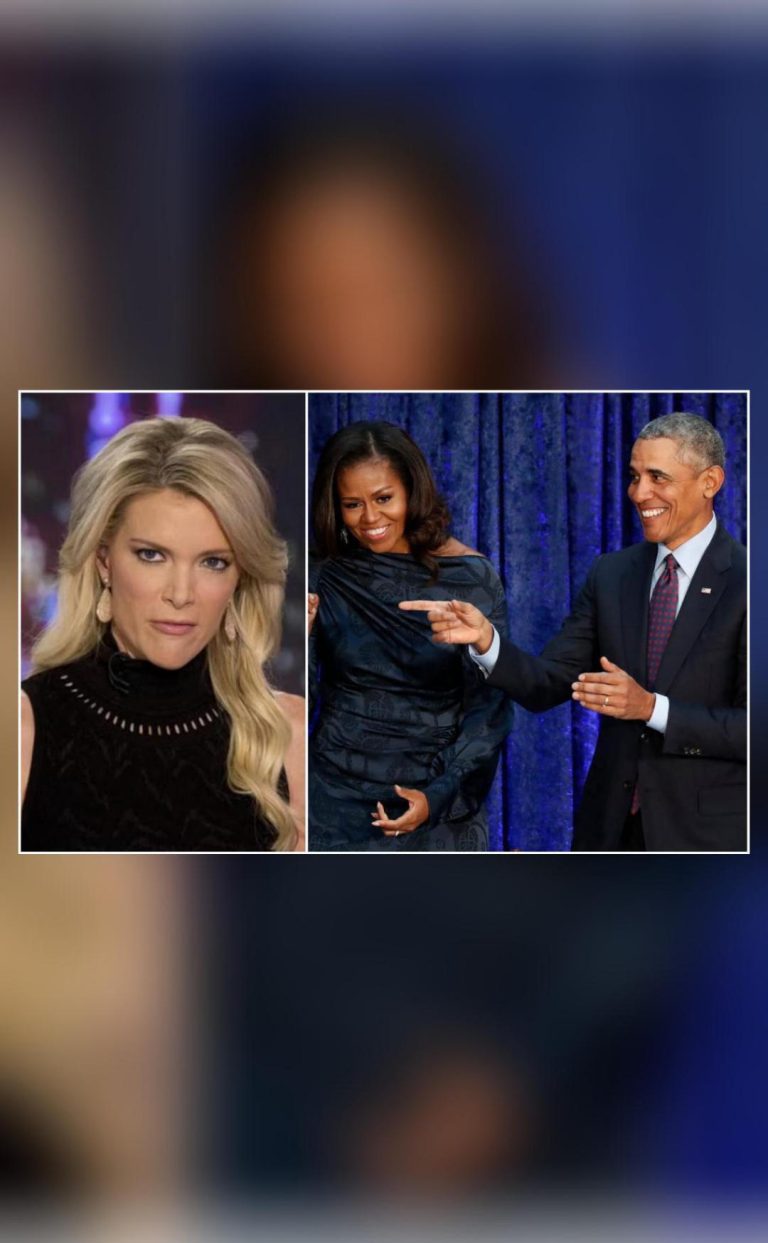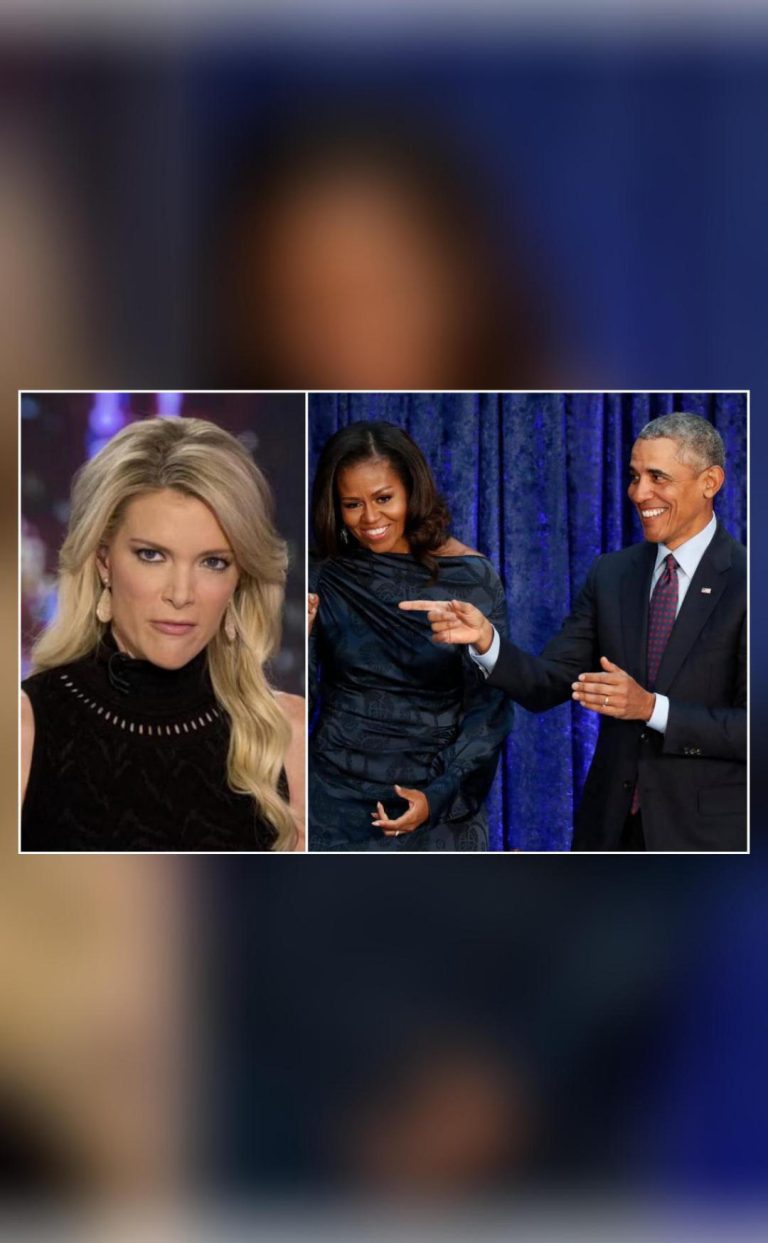
PM Modi & Trump Have Good Chemistry, Nationalists Respect Each Other: Jaishankar
The interactions between Prime Minister Narendra Modi and US President Donald Trump have been a subject of much interest and analysis. While some have been critical of the tone and content of their meetings, others have praised the cordiality and warmth that has been evident during their encounters. Recently, External Affairs Minister S Jaishankar shed some light on the dynamics between the two leaders, revealing that their shared nationalist ideology played a significant role in their interactions.
In an interview, Jaishankar remarked that the chemistry between Modi and Trump was “very well” because both leaders are nationalists and “nationalists kind of respect each other.” This sentiment is not surprising, given the strong nationalist sentiments that have been evident in both India and the United States in recent years.
It is worth noting that Trump’s relationships with other world leaders have been the subject of much controversy and criticism. Many leaders have found his style and behavior to be abrasive and divisive, leading to tensions and conflicts. However, Jaishankar’s comments suggest that Modi is an exception, and that the two leaders have developed a rapport that is built on mutual respect and understanding.
The EAM’s comments are significant, as they provide insight into the dynamics between two leaders who have been at the center of much international attention. Modi and Trump have met several times since the latter’s inauguration in 2017, and their interactions have been marked by a strong sense of camaraderie and shared purpose.
One of the key areas where Modi and Trump have found common ground is in their shared commitment to national security and sovereignty. Both leaders have been vocal in their criticism of what they see as threats to their countries’ security and territorial integrity, and their meetings have been marked by a strong sense of solidarity and cooperation on these issues.
For example, during their meeting in Houston in September 2020, Modi and Trump signed a number of agreements aimed at strengthening bilateral cooperation in areas such as defense, trade, and energy. The meeting was marked by a strong sense of warmth and camaraderie, with both leaders using the occasion to praise each other’s countries and leadership.
Jaishankar’s comments also highlight the importance of personal chemistry in international diplomacy. While some leaders may focus on the formalities and protocols of international relations, others may prioritize building personal relationships and connections with their counterparts. Modi and Trump are clearly two leaders who fall into the latter category, and their shared nationalist ideology has provided a strong foundation for their interactions.
It is also worth noting that Jaishankar’s comments are not without significance in the context of India’s broader relationships with other countries. As a major player in the global economy and a key player in the Indo-Pacific region, India is increasingly looking to build stronger relationships with other countries that share its values and interests.
In this context, the rapport between Modi and Trump is significant, as it suggests that India is able to build strong relationships with countries that share its commitment to national security and sovereignty. This is particularly important in the context of India’s relationships with other countries in the region, where tensions and conflicts are increasingly common.
In conclusion, Jaishankar’s comments provide valuable insight into the dynamics between Prime Minister Narendra Modi and US President Donald Trump. The shared nationalist ideology of the two leaders has provided a strong foundation for their interactions, and their meetings have been marked by a strong sense of camaraderie and shared purpose.
As India continues to build stronger relationships with other countries around the world, it is likely that the rapport between Modi and Trump will remain an important factor in its diplomatic efforts. By building strong relationships with other nationalist leaders, India is able to promote its interests and values on the global stage, and to work towards a more secure and prosperous future for its citizens.






